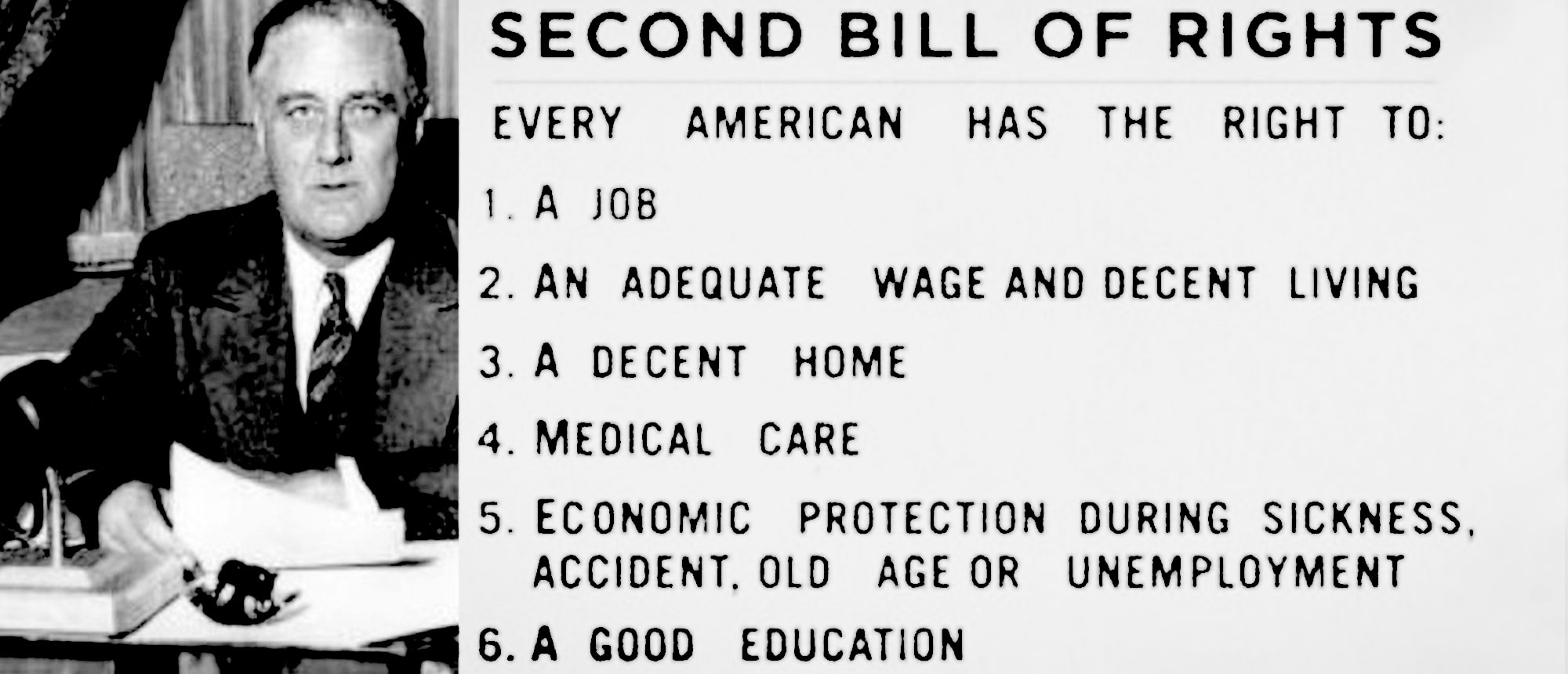(ThyBlackMan.com) “We will do everything we can to keep prices low but increased tariffs lead to increased prices.”
Walmart Chief Financial Officer Brett Biggs
After negotiating for over a year, the United States and China unleashed their first salvos in an escalating trade war by hiking tariffs on each other’s imports. The U.S. struck first by slapping 25% tariffs on over five thousand imported component and finished Chinese goods and China reciprocated with 25% tariffs on some American products.
Tariffs are taxes. And if the importers cannot afford to swallow the increased costs they are passed on to consumers. In this case, retailers like Walmart have already signaled that items including furniture, clothing and electronics are going to cost more. And the tariffs on component goods, like industrial chemicals and electronic circuit boards, will ripple throughout the economy. In all, the new tariffs are projected to cost the average American family close to an extra eight hundred dollars per year and the loss of 934,000 jobs.
Given the structure of the American economy it’s hard to see what the strategy behind the increased tariffs is. Consumer spending accounts for approximately 70% of the U.S. economy, which means we buy far more things than we make and sell. Manufacturing is below 10% of U.S. employment. Are Americans willing to pay more for goods produced domestically – given our generally higher wages – or will we merely end up substituting Chinese goods for things made in Korea, Vietnam or Mexico? It’s the same reason the Germans have shipped car production to the U.S. because our labor costs are cheaper than theirs. Unless and until we increase our manufacturing base, and be willing to pay more for the same goods given our higher labor costs, we will always have a trade deficit with one country or another.
Remarks by a U.S. State Department official raise the specter of another reason for our escalating trade war with China. Kiron Skinner, the State Department’s Director of Policy Planning said, “This is the first time we will have a great-power competitor that is not Caucasian.” Is that what this is really about, white Americans seeing the rise of China as what Samuel Huntington wrote in his seminal 1993 essay “The Clash of Civilizations?”
First of all Skinner’s statement is wrong. Last I checked, the U.S. engaged in a great-power struggle with Asian Japan in World War II. But is that the lens through which a high-level U.S. official should view the competition between the world’s two largest economies: whites against people of color? Would it be any better for American workers and families if our trade deficit was with a European country? It follows the president’s comments that we need more immigrants from Norway than the “shithole” countries in Africa and the Caribbean.
Instead of blaming other countries for “taking advantage” of America, we need to look internally at how our economy is structured. We outsourced low-wage manufacturing jobs overseas a generation ago and now we are complaining that we have to buy our televisions, computers, cell phones and running shoes from somebody else; and it really makes us mad that the “somebody” is not white. We act as if “globalization” is some new phenomenon. What would you call a system that imported enslaved people from Africa to pick cotton in America to sell textiles to Europe?
We have seen domestically what “Again” means to the political party in power: a rollback of the clock to a time of white male dominance. It seems that the country’s current leadership wants to apply that principle internationally as well. I don’t think, however, the rest of the world is willing to adhere to that. In fact, Chancellor Angela Merkel of Germany speaking at an E.U. meeting included America among the countries – like Russia and China – the Europe has to unite against.
Trade wars and immigration battles are symptoms of a larger American problem. Where people are looking backwards instead of embracing the future. Where the economic cooperation of the post war era is disparaged and has been displaced by economic Darwinism: “survival of the fittest.” Where the rest of the world is seen as a Kipling-esq “white man’s burden” to bear.
That way of thinking, especially by our leadership, is not only anachronistic, it’s also dangerous. It can change trade wars into shooting wars: today’s “gunboat diplomacy.” We have to learn how to live together on this third stone from the Sun, or we will perish together on it.
Staff Writer; Harry Sewell




















Leave a Reply